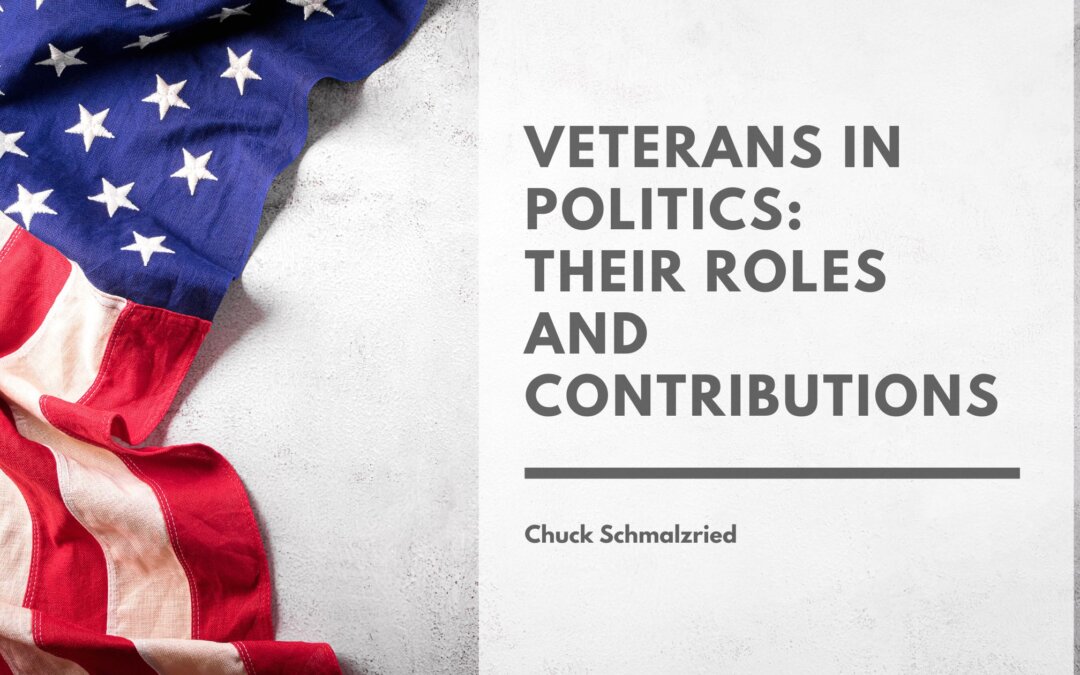The intersection of military service and politics is a powerful one, where veterans often transition from their roles in the armed forces to positions of leadership and influence in the political arena. The experience and values cultivated during military service provide veterans with a unique perspective that can be invaluable in governance.
In this article, we will explore the roles and contributions of veterans in politics, highlighting their significant impact on policy-making, public service, and the betterment of society.
Leadership and Disciplined Approach:
Veterans bring to politics a deep sense of leadership and a disciplined approach to their roles. The structured environment of the military equips them with the ability to make decisions under pressure, set clear objectives, and manage complex situations effectively.
Commitment to Service:
The commitment to serve, instilled in veterans during their military careers, carries over into politics. Veterans often view political office as continuing their service to the nation. Their dedication to the well-being of their constituents and the country drives their political endeavors.
Bipartisanship and Collaboration:
Many veterans prioritize bipartisanship and collaboration as they navigate the political landscape. They understand the importance of working across the aisle and building coalitions to address critical issues. This willingness to cooperate can lead to more effective and efficient governance.
National Security Expertise:
Veterans often possess a strong understanding of national security issues, as they have experienced firsthand the impact of decisions made at the highest levels of government.
Commitment to Veterans’ Issues:
Veterans in politics often advocate for fellow service members and veterans’ needs and concerns. They work to improve veterans’ healthcare, access to education, and support for transitioning to civilian life. Their personal experiences and firsthand knowledge of veterans’ challenges make them particularly effective in this regard.
Leadership in Foreign Policy:
Many veterans are well-equipped to contribute to foreign policy discussions and decisions. Their international experience and insights into the complexities of diplomacy, conflict resolution, and global affairs are highly valuable in shaping the nation’s foreign policy.
Contributions to Disaster Relief and Emergency Response:
The experience of veterans in managing crises is invaluable in disaster relief and emergency response efforts. Veterans in politics often play key roles in coordinating and implementing disaster response plans.
Diversity and Inclusion:
Veterans bring diverse backgrounds and experiences to politics and often advocate for greater diversity and inclusion in government and public service.
Veterans in politics play vital roles and make substantial contributions to the governance and well-being of their nations. Their leadership, commitment to service, ethics, and unique perspective on national security and foreign policy make them invaluable assets in the political arena. They continue to inspire others to engage in public service and work toward a brighter future for their countries.

